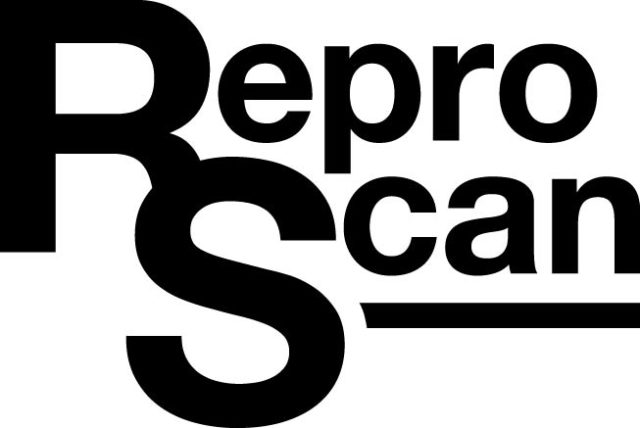Industry sources say confirmation of the dramatically reduced cattle import numbers was to be expected. The reduction continues as a result of major political and industry fallout caused by last year’s suspension of the live cattle trade to Indonesia.
Indonesia cut its import numbers as a consequence of the month-long trade ban that saw new animal welfare measures implemented in the key market. Indonesia is also making stronger moves to implement a national policy to achieve beef self-sufficiency by 2014.
 Brazil
Brazil
Brazilian meat processor JBS SA’s board of directors approved for the company to obtain up to $493.15 million in financing from state-run bank Caixa Economica Federal.
The funds are a potential routine credit line, according to statements from the company, and not intended to fund a specific acquisition.
The approval became public in board meeting minutes, Jerry O’Callaghan, JBS investor relations director, told Meatingplace.com.
It’s considered a regular part of credit limit tapping with lending institutions that the board routinely authorizes, O’Callaghan said.
How the funds may be used in the future hasn’t been decided, said O’Callaghan, noting the additional credit may be part of the company’s routine and mandatory process of having enough cash on hand to meet debt obligations at any point for the following 12 months.
JBS president Wesley Batista said earlier this year that the company would initiate sometime this year negotiations to acquire the Frangosul assets in southern Brazil of faltering French poultry company Doux.
Those assets, which JBS began leasing from Doux in May, carry outstanding debt of around $500 million.
O’Callaghan, however, said the approval for the new financing has no relation to funding a future acquisition from Doux.
In other news, Brazil’s beef industry may face the challenge of proving the credibility of its national cattle traceability system for European customers, following the recent approval of a beta-agonist livestock growth additive banned in the European Union.
Approval of the beta-agonist zilpaterol hydrochloride (also known as Zilmax) will help Brazil cattle farmers meet growing demand for mature cattle – but not without raising concern from clients in the coveted EU market, reports Valor Economico newspaper.
Most buyers in the EU require full traceability of cattle and don’t permit growth inducers like beta-agonists, steroids and hormones; the latter two are also banned in Brazil. The product is used for 20 to 40 days during the animal’s finishing stage.
Brazil’s beef industry is already capable of segregating its beef production in accordance with requirements of various customers, said Fernando Sampaio, executive director of the Brazilian Association of Meat Exporters, or Abiec.
“Production segregation already exists (in Brazil),” Sampaio said. “What we are going to make clear is that the use of this product is not permitted in (meat destined for Europe).”
Despite his optimism, Sampaio is alert to the risks of zilpaterol residue being found in beef exports to the EU and says Abiec will emphasize that no player in the industry can hide from this risk.
“But traceability allows the industry to find the responsible producer,” he said. Within five years, sales of this beta-agonist should be a key segment for MSD, according to the company, which grossed 448 million Brazilian real ($220.9 million) in 2011.
The company’s sales expectations are based on a projected increase of 10 to 15 percent for Brazil’s cattle population in the next five years.
 Canada
Canada
Western Canadian feeder cattle prices are showing signs of the late-summer blahs and the market was not well-defined due to the limited supply situation.
Pasture conditions remained very good across the Prairies, limiting the number of replacement cattle coming on the market.
Late-summer cash barley prices in southern Alberta jumped $10 per metric ton (MT) last month, reaching record highs of $270 per MT delivered.
Canadian feeder prices were led lower by the U.S. market, where calves less than 650 pounds were $10 to $15 per hundredweight (cwt) lower in comparison to a previous week in July.
Alberta packers bought fed cattle in the range of $108 to $110. In southern Alberta, 600- to 700-pound steers sold in the range of $160 to $170 per cwt while 700-pound to 800-pound steers sold from $143 to $155 per cwt. Heifers were selling at a $10 to $12 per cwt discount to steers.
Feedlot placements in July will be much higher than earlier expectations, resulting in larger beef production in the fourth quarter.
While the U.S. is experiencing a significant drought, probably the worst since 1988, and it appears that the cattle herd is now contracting, Canadian export barley prices for September and October are higher than the domestic market. This will cause barley supplies to be exported rather than to domestic feedlots.
Canadian ag economists say, longer-term, the barley market needs to ration demand, so domestic values in southern Alberta should trade at a sharp premium to world values. Next spring, barley in central Saskatchewan needs to flow to southern Alberta instead of to Prince Rupert or Vancouver.
The non-monopoly export environment will significantly change the barley fundamental structure in the 2012-to-2013 crop year. Barley prices will define the feeder market next fall and winter. ![]()
Clint Peck is the owner of Global Beef Systems, LLC.







